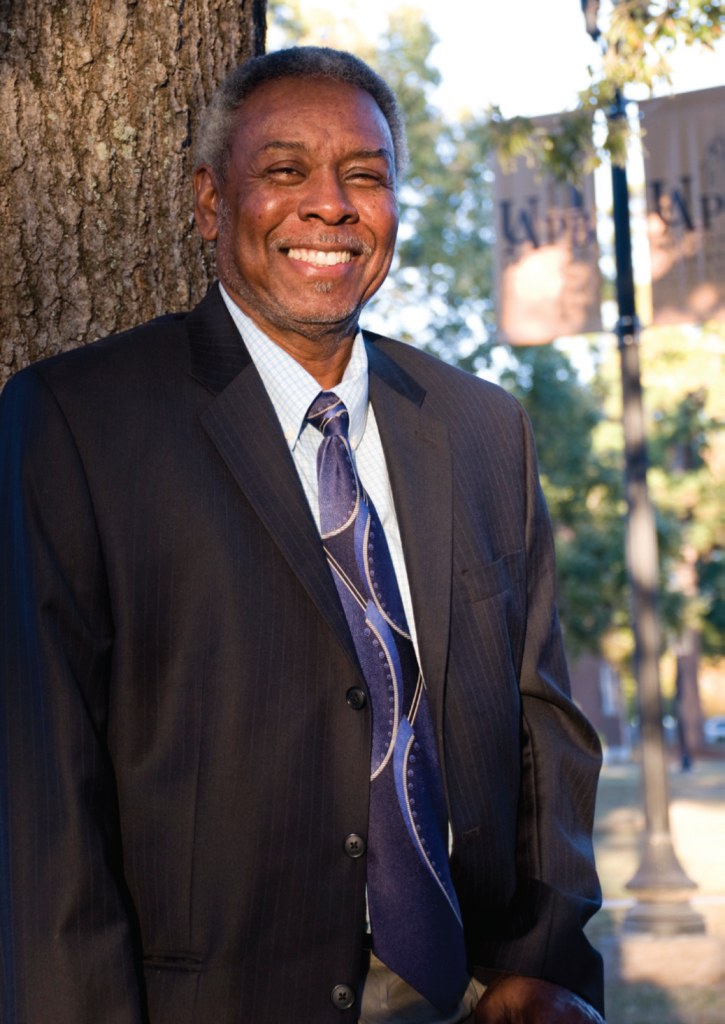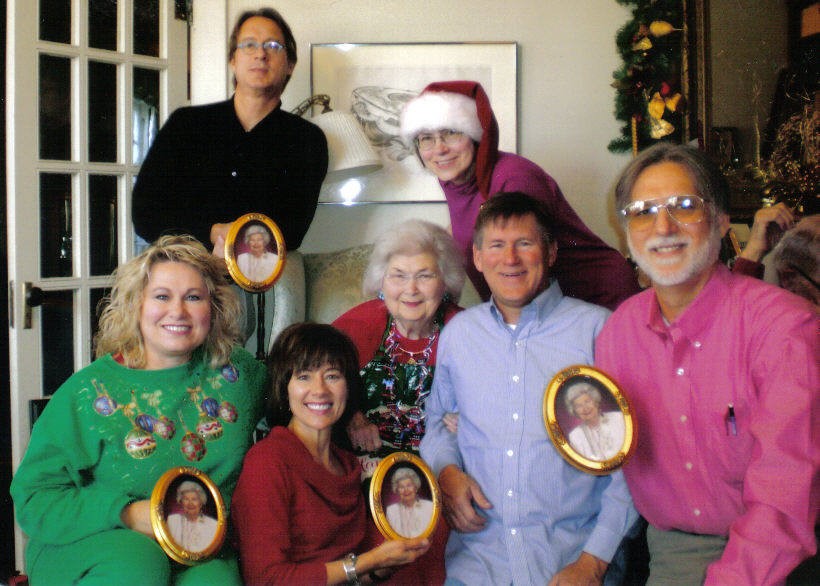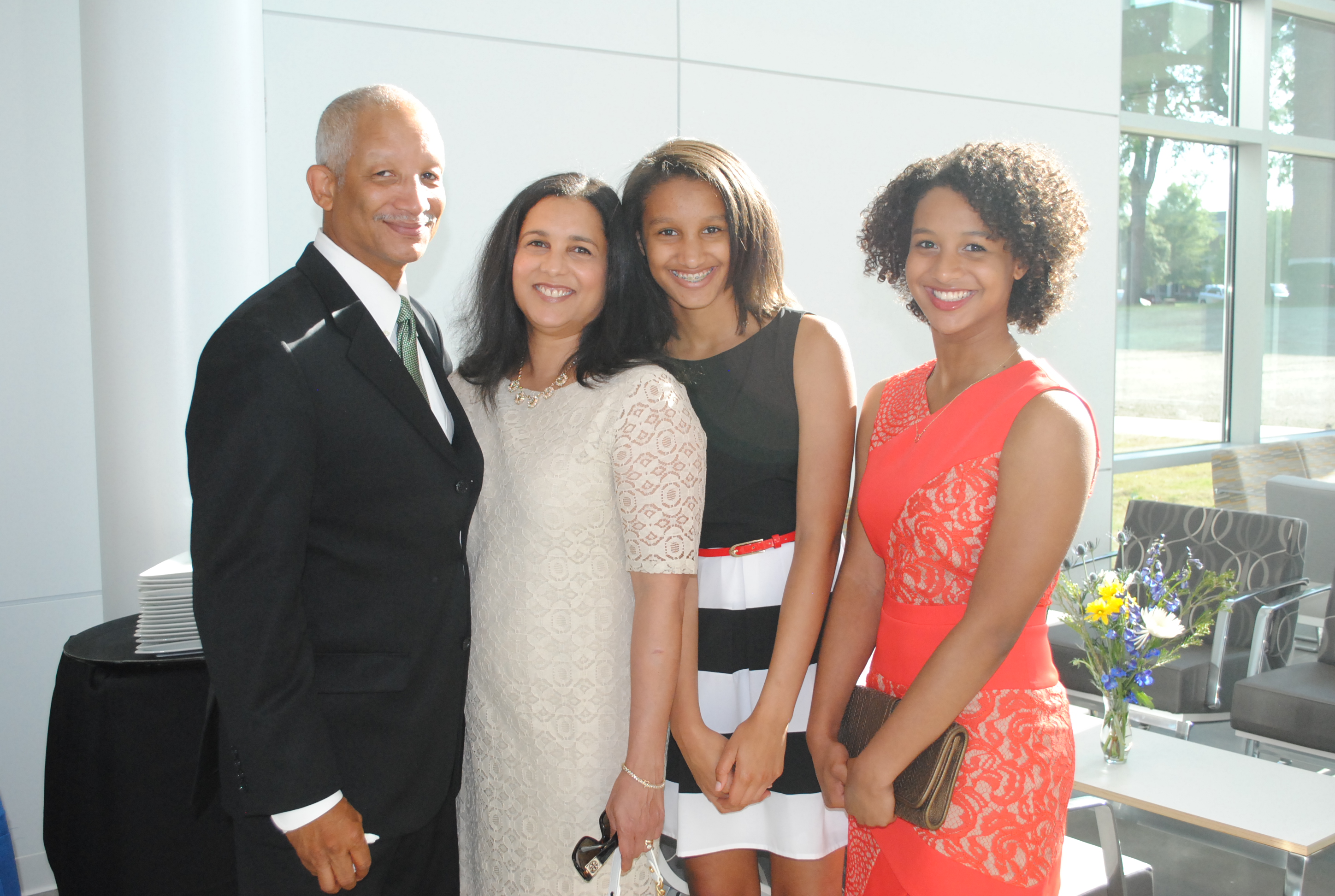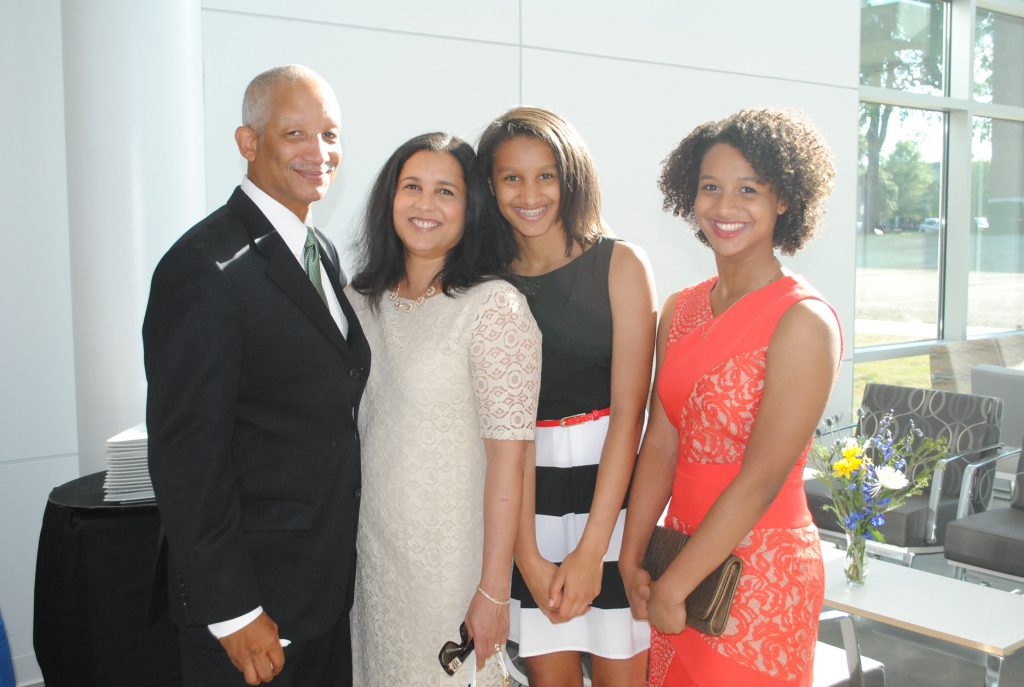Client Conversations, FASB
Not-For-Profit ASU Project and Family Philanthropy
Client Conversations
As a new year has begun, so too will
a new round of client conversations. Whether you’re meeting with a new client
or you’re reviewing a multi-year plan, these conversations allow you the
opportunity to get to know and have a broader understanding of your client
“off paper”. All topics pertinent to your client’s goals, including
philanthropy, should be addressed.
Whether it is a new client meeting or a multi-year plan review, these
conversations allow you the opportunity to get to know and have a broader
understanding of your client “off paper”.
All topics pertinent to your client’s goals, including philanthropy,
should be addressed. Here are two
interesting articles from Investopedia on approaching the topic with every
client in a professional and ethical manner:
- Philanthropy and Millennials: How
Advisors Can Start the Conversation
- How to Discuss Philanthropy with
Financial Advisory Clients
FASB Not-For-Profit ASU Project
by Corey Moline, CPA, Chief Financial Officer, Arkansas Community Foundation
In April 2015, the Financial
Accounting Standards Board (FASB) issued a proposed accounting standards update
(ASU) that when implemented will require significant changes in the way
information is presented in a non-profit organization’s financial statements. This project will be completed in several
work streams, the first of which will conclude sometime during the second
quarter of 2016. There has been no
indication of an effective date for the resulting ASU. It is likely, based on the past history of
the FASB, for an adequate period of time to be given between the issuance of
the final standard and its effective date so that affected organizations will
have time to implement the changes into their financial accounting and
reporting systems. Here’s a video that
provides more information.
Did You Know This About Family Philanthropy?
by Jennifer Junker, JD, Managing Director of Trust and Wealth Management, Bank of the Ozarks
Does money buy happiness? Actually, yes, but only to a certain dollar
amount estimated at around $75,000 a year.
We all have basic needs and some income is, of course, necessary to
provide for them. Studies have shown,
however, that individuals do not have increased happiness with increased bank
accounts. With adults and children of
affluence experiencing higher than average levels of depression, anxiety, and
substance abuse problems, the opposite is true in fact.
Why is this? In a nutshell, wealth can be isolating. In fact, it is not our wealth, but instead
our connection with one another and our status with our social groups that have
been shown to be critical factors in physical and mental health. So what are affluent families to do? One
option is to consider charitable giving as a family. By its very nature, Family Philanthropy
fosters connections between family members and with their communities,
resulting in benefits for both.
Maintain Management of Client Funds
You can continue to manage your clients’ charitable funds at the Community Foundation. We have charitable giving options that are good for your clients and good for your business.
Visit Advisor’s Corner for
more news, tips and tools for professional advisors.







